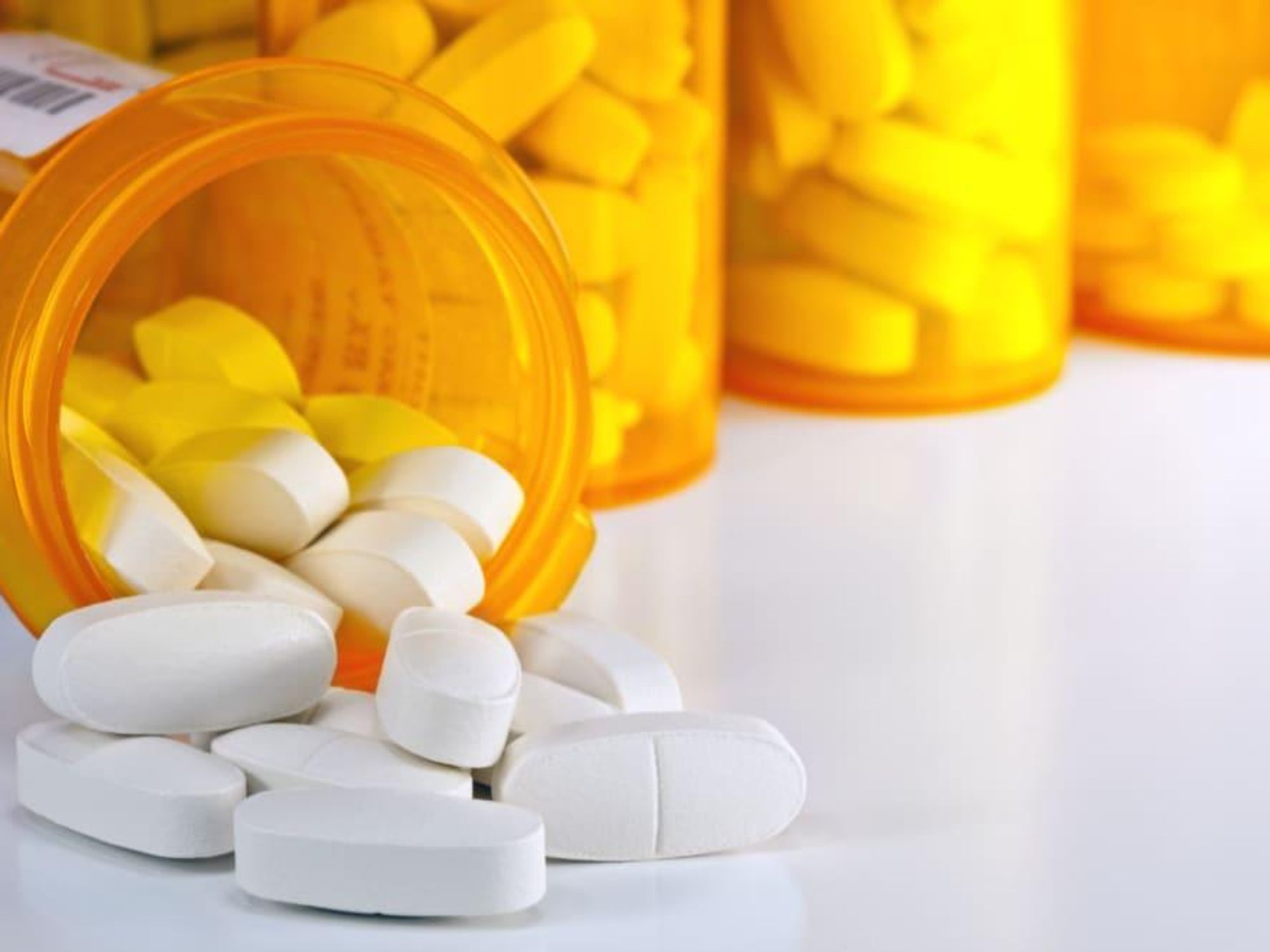Mark Cuban News
New Dallas discount drug venture from Mark Cuban takes on big pharma

Dallas' top fixer is taking on prescription drugs. Mark Cuban, owner of the Dallas Mavericks, has partnered on a new venture designed to disrupt big pharma and keep the cost of prescription drugs down.
Cuban is putting his support behind an idea pitched by Alex Oshmyansky, a Dallas radiologist frustrated by a system that, behind-the-scenes, helps promote higher prices.
The Mark Cuban Cost Plus Drug Company will launch an online pharmacy that will sell 100 of the most-often prescribed generic prescription drugs at a transparent, fixed-rate markup.
Their first product will be Albendazole, an antiparasitic drug which currently costs around $225 per tablet; Mark Cuban Cost Plus' price will be $20.
Their cost to make the drug is approximately $13, to which they will add a 15 percent profit margin, charging $15 per tablet wholesale to pharmacies, with a suggested retail price of $20 per tablet.
"We will let everyone know what it costs to manufacture, distribute, and market our drugs to pharmacies," says the company's website. "We add a flat 15 percent margin to get our wholesale prices. This makes sure we remain viable and profitable. There are no hidden costs, no middlemen, no rebates only available to insurance companies. Everybody gets the same low price for every drug we make."
They're building a plant at 302 S. Walton St. in Deep Ellum, which will stand as an all-in-one pharmaceutical supplier, combining manufacturing, wholesale distribution, and pharmacy services under one roof. It'll open in fall 2022.
According to watchdog group the Commonwealth Fund, drug companies have been forced to raise their prices because they're paying rebates to a middle-man group called pharmacy-benefit managers (PBMs), who manage drug benefits for employers, health insurers, and Medicare.
The Wall St. Journal says that nearly 80 percent of prescriptions in the U.S. are managed by three PBMs: CVS Caremark, Express Scripts and OptumRx. An analysis showed that drug manufacturer rebates to PBMs increased from $39.7 billion in 2012 to $89.5 billion in 2016.
PBMs like the more expensive drugs because they get a bigger rebate.
Oshmyansky told the WSJ that the current system is "cumbersome and broken."
"We decided the only way to get our drugs to the people who need them is to build a parallel supply chain where we have control of all the intermediary players and ensure the same level of transparency at every level," he said.
